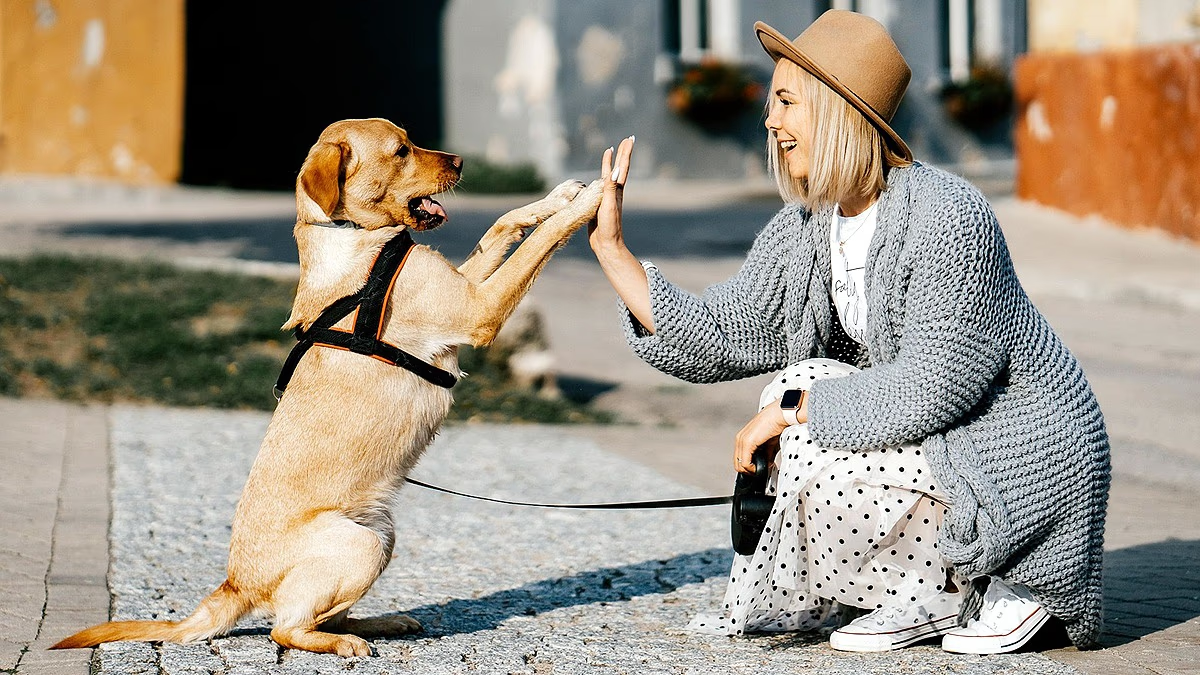Dogs are often seen as man's best friend, yet certain breeds might seem intimidating due to their size or demeanor. Nonetheless, several dog breeds are known for being remarkably calm, lovable, and safe for families. As discussions about dog safety rise in the nation, it's essential to recognize which breeds are least dangerous and why they make secure companions.
Why Are Less Dangerous Breeds Important?
Some dog breeds, like Pit Bulls or Rottweilers, can appear daunting due to aggressive tendencies or large build. However, numerous breeds are safe even around children and the elderly. These dogs are calm, friendly, and hardworking, enhancing happiness and security at home.
Also Read:
The Least Dangerous Dog Breeds
Here are several breeds celebrated for their calm disposition and endearing nature...
Labrador Retriever
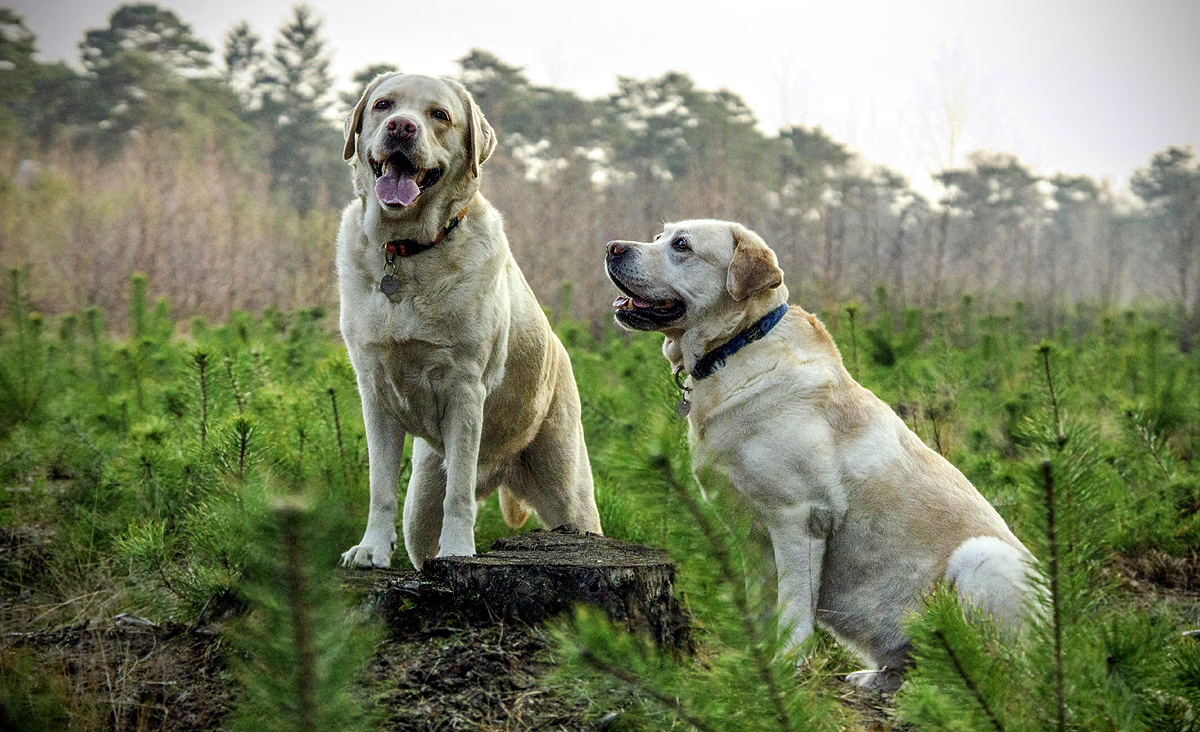
Source: aajtak
Temperament: Known for being affectionate, loyal, and child-friendly.
Why Less Dangerous: These dogs are non-aggressive, love playing with others.
Traits: Easy to train, often serve as guide or rescue dogs.
Caution: Require daily exercise to avoid energy-related issues.
Beagle

Source: aajtak
These small, fun-loving, calm dogs adore everyone.
Very gentle nature; avoid conflicts.
Remarkable sniffing ability, known as scent hounds.
Can get bored if left alone; require attention.
Kavli Dog/Kawasaki/Akita
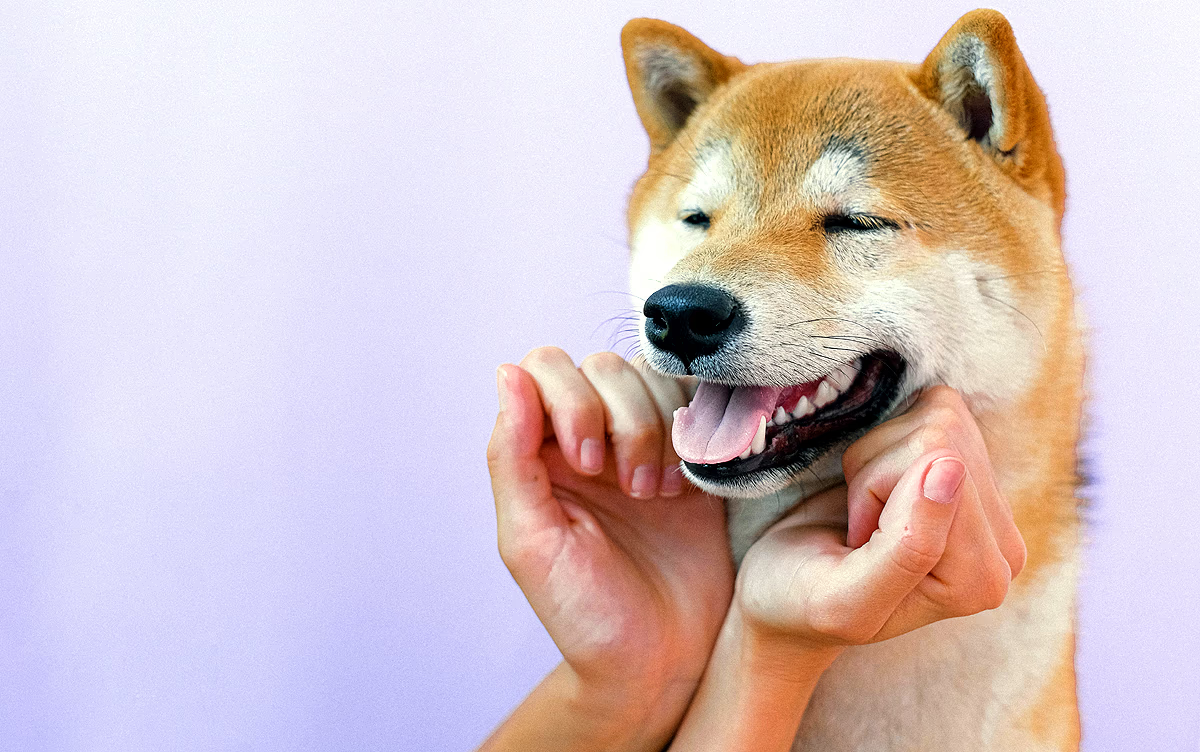
Source: aajtak
This Japanese breed is small, very calm, and great with kids.
Highly patient and congenial.
Comfortably live indoors, require little space.
Keeping clean is essential due to sensitive skin.
Border Terrier
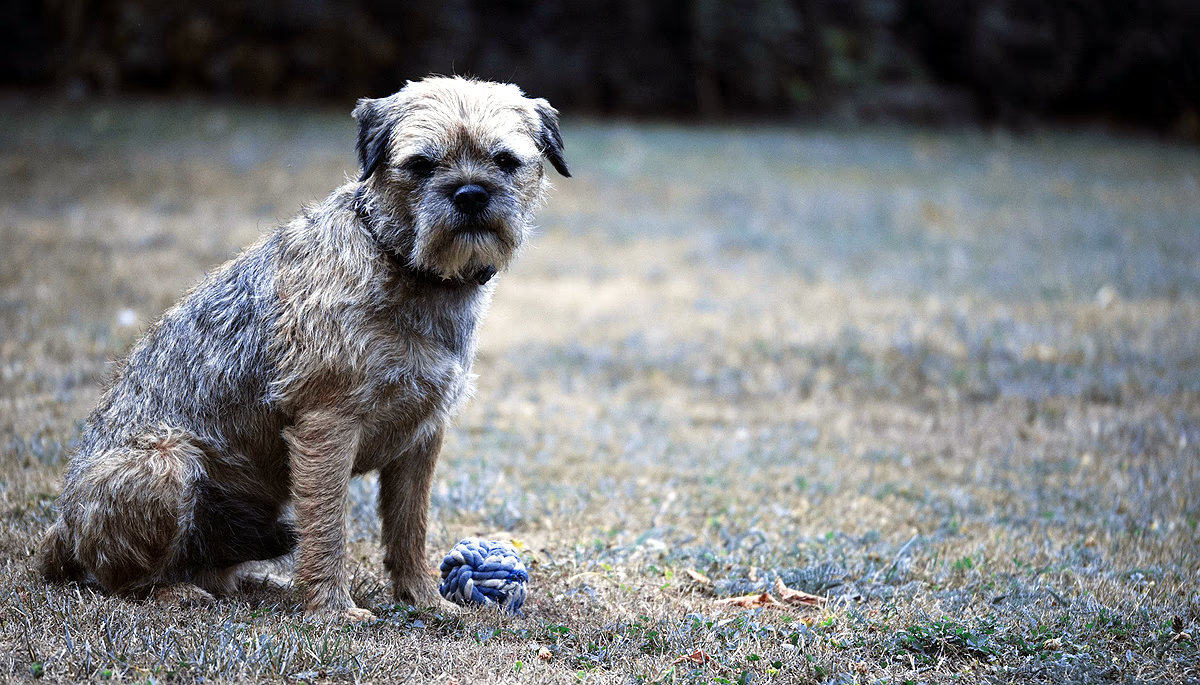
Source: aajtak
These small, cheerful dogs easily blend with families.
Lack aggressiveness; love everyone.
Charming, comical faces, loved by children.
Need protection from extreme cold or heat.
Golden Retriever
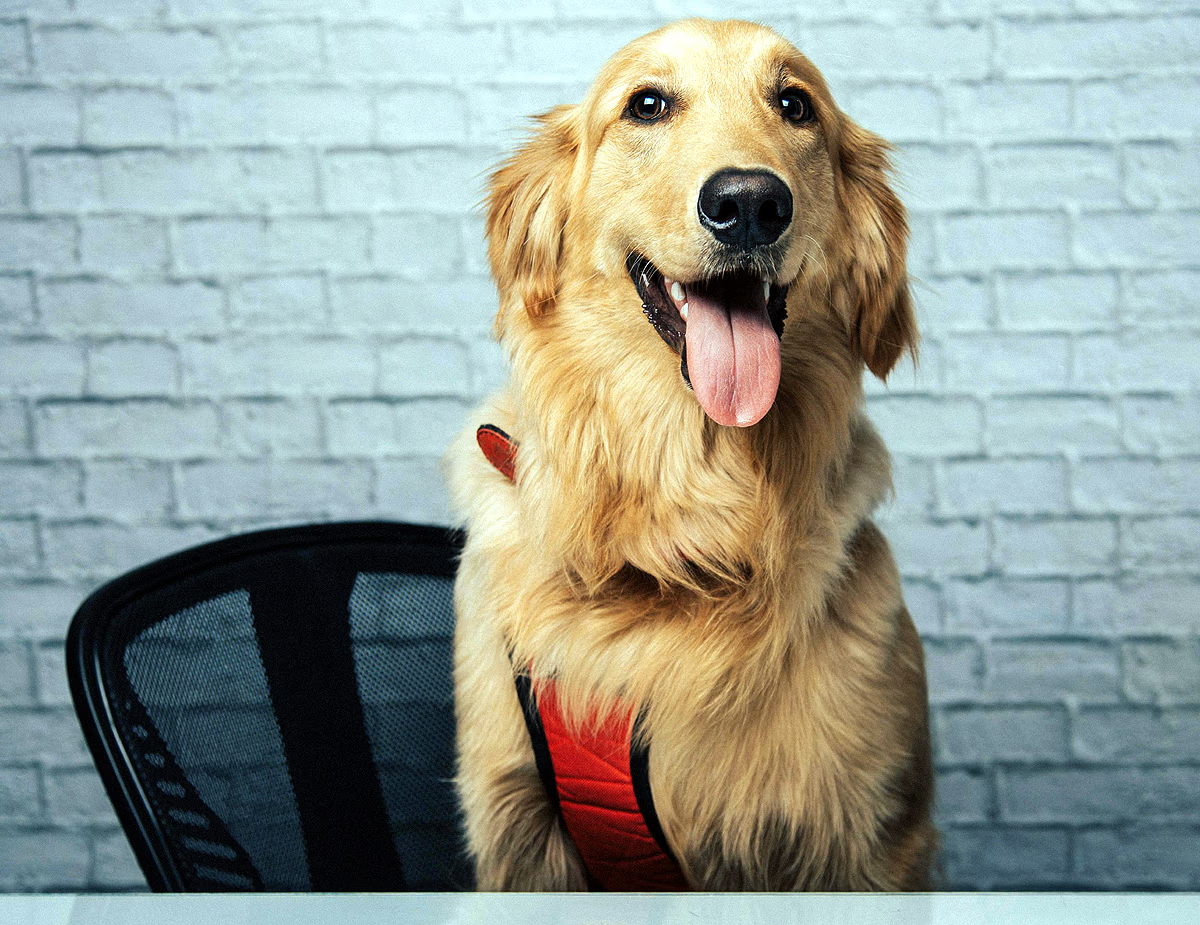
Source: aajtak
Large but very calm and affectionate.
Make friends easily, never engage in fights.
Used as therapy and assistance dogs.
Require daily brushing due to long coats.
Benefits of Owning These Breeds
Safety: Safe around children and elders.
Training: Easy to teach, making them obedient.
Companionship: Become part of the family, ease loneliness.
Health: Playing with them enhances mental and physical well-being.
What to Keep in Mind?
Though less dangerous, training during puppyhood is crucial for good temperament. Regular walks and play are vital to prevent energy issues. Routine vet check-ups are necessary to avert diseases. Maintain cleanliness, especially for small breeds with sensitive skin.
